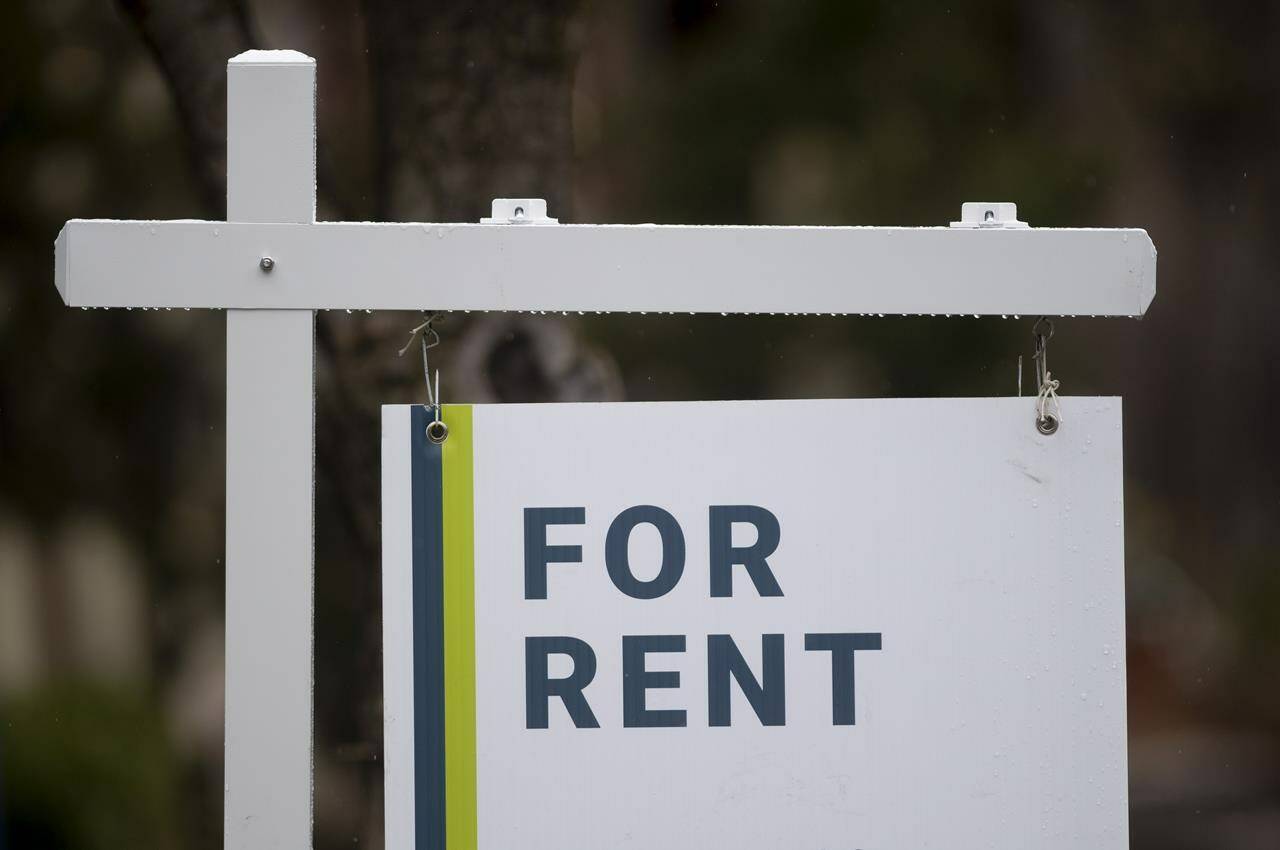The B.C. NDP’s six-year delayed renters’ rebate is among a number of cost-reducing promises the province laid out in its 2023-24 budget on Tuesday (Feb. 28).
The rebate will come in the form of a tax credit and, unlike what was proposed back in 2017, will be distributed based on income rather than as one universal amount.
Beginning in 2024, renter households making under $60,000 will receive the full credit of $400 a year. Those making between $60,000 and $80,000 will receive only a partial amount.
The NDP estimate the credit will collectively provide $300 million to renters each year. To be eligible, renters have to be at least 19 years old and will have to have been living in the province for a minimum of six months.
The move is one of numerous cost-reducing commitments made in Tuesday’s budget.
Monthly family benefit to get 10% boost
The province says it will will also be permanently increasing the BC Family Benefit by 10 per cent beginning in July. This could translate to several hundred dollars more a year depending on the number of children a family has and how much they earn.
At the same time, the province is promising up to $500 more a year for single parents.
Offsetting carbon tax increases with credits
The NDP is increasing B.C.’s Climate Action Tax Credit beginning July 1, as it hopes to soften the blow of a quickly rising carbon tax.
Starting April 1, the tax will increase by $15-per-tonne of carbon dioxide each year until it reaches $170 in 2030.
Per litre of gasoline, that means a tax jump from 11 cents today to 37.4 cents seven years from now.
To counteract the gas pump pain, B.C. says it’s prepared to increase the corresponding tax credit each year. Starting July 1, adult British Columbians will be able to receive up to $447, up from $193.50. Spouses or common-law partners will receive up to $223.50, up from $193.50, and children will get up to $111.50, up from $56.50.
The province says it expects a large portion of residents will receive more through the credit than they pay in carbon tax by 2030. Until then, British Columbians will be paying a little extra out of pocket.
READ ALSO: Health care, housing and grants top B.C.’s 2023-24 Budget Day promises
More wiggle room on post-secondary student loans
B.C. isn’t decreasing the cost of post-secondary education, but it is allowing students to take out larger loans and take more time to pay them back.
Beginning in June, student loan maximums will double, giving students access to up to $220 per week. For students with dependents, that will increase to $280.
For those looking to pay off their loans, the province says it will be more lenient with low-income earners. Starting on Aug. 1, students and graduates making less than $40,000 won’t have to make payments. For those making more than $40,000, their minimum payments will be lowered from 20 to 10 per cent of their household income.
B.C. student loans have been interest free since 2019.
Moderate increases to income and disability assistance
For the first time since 2007, B.C. is upping its monthly income assistance shelter rate. It will be going up by $125 per month across the board beginning in July.
The NDP estimate the increase will benefit 160,000 people.
The 2023-24 budget also makes slight adjustments to the amount of money people can earn without having their income assistance deducted, allowing for $1,200 more a year.
Free contraception
Beginning April 1, prescription contraception will be free for all British Columbians under the Medical Services Plan (MSP), including the morning after pill.
The move will make B.C. the first jurisdiction in Canada to do so. The NDP have set aside $119 million over the next three years to cover the change.
READ ALSO: B.C. to become 1st in Canada to give free prescription contraception by spring
@janeskrypnek
jane.skrypnek@blackpress.ca
Like us on Facebook and follow us on Twitter.

